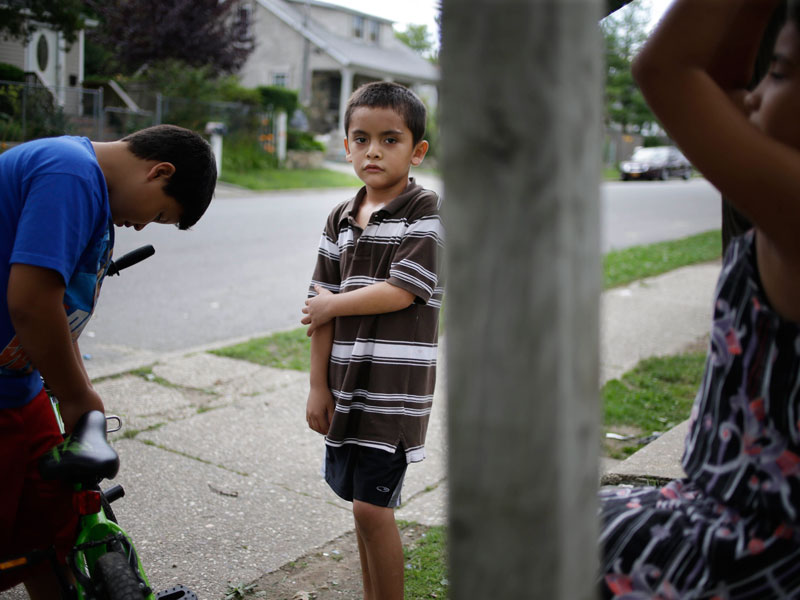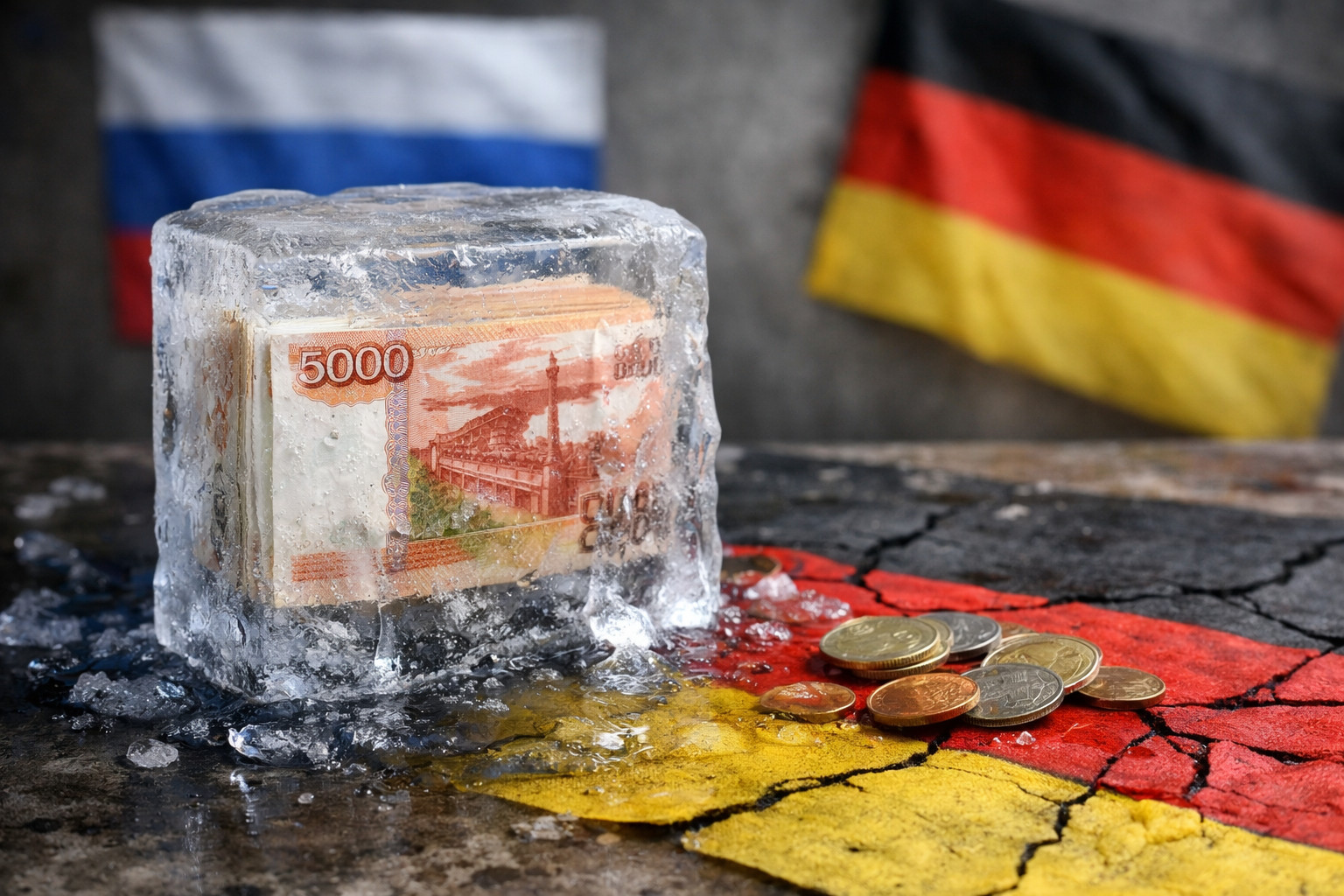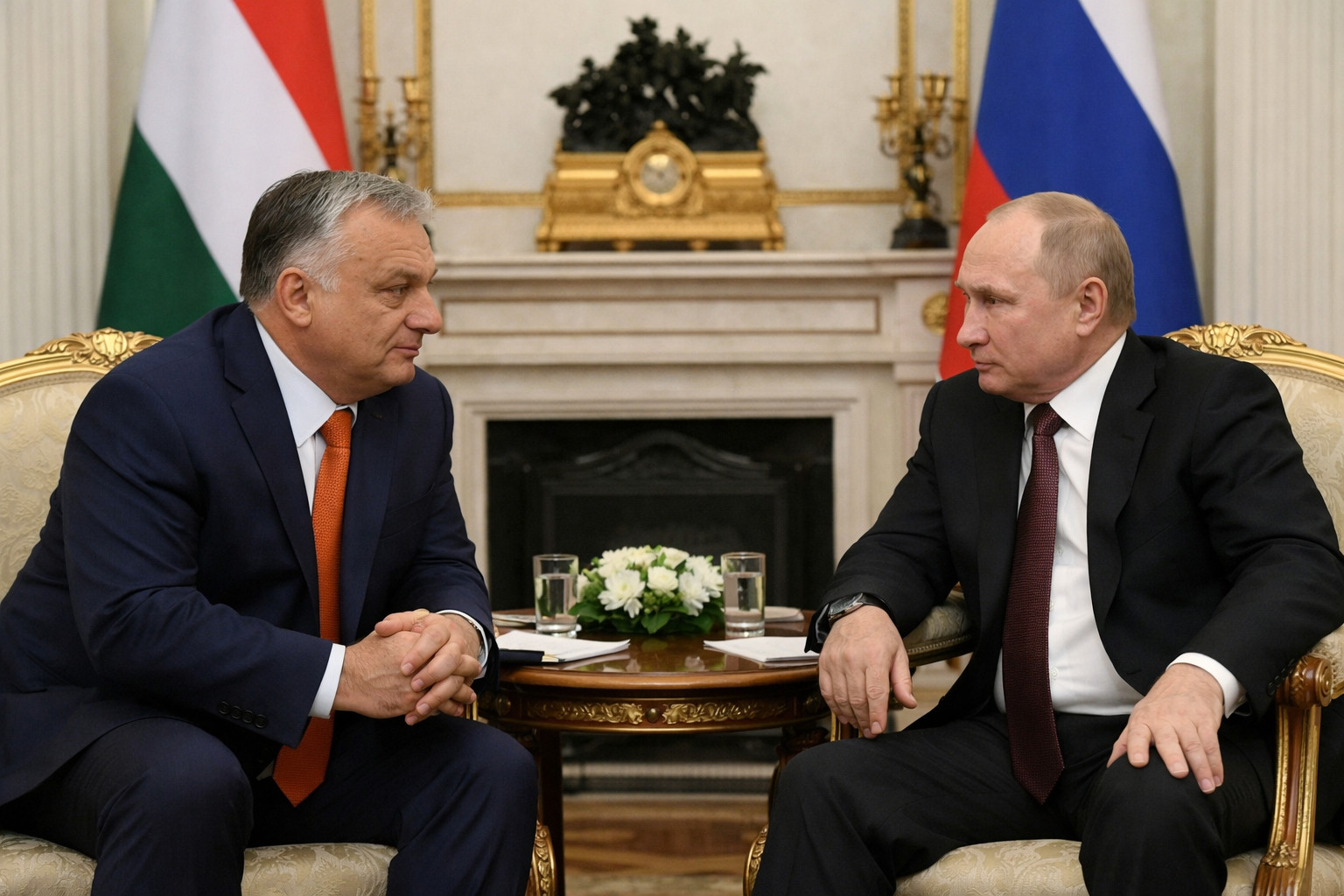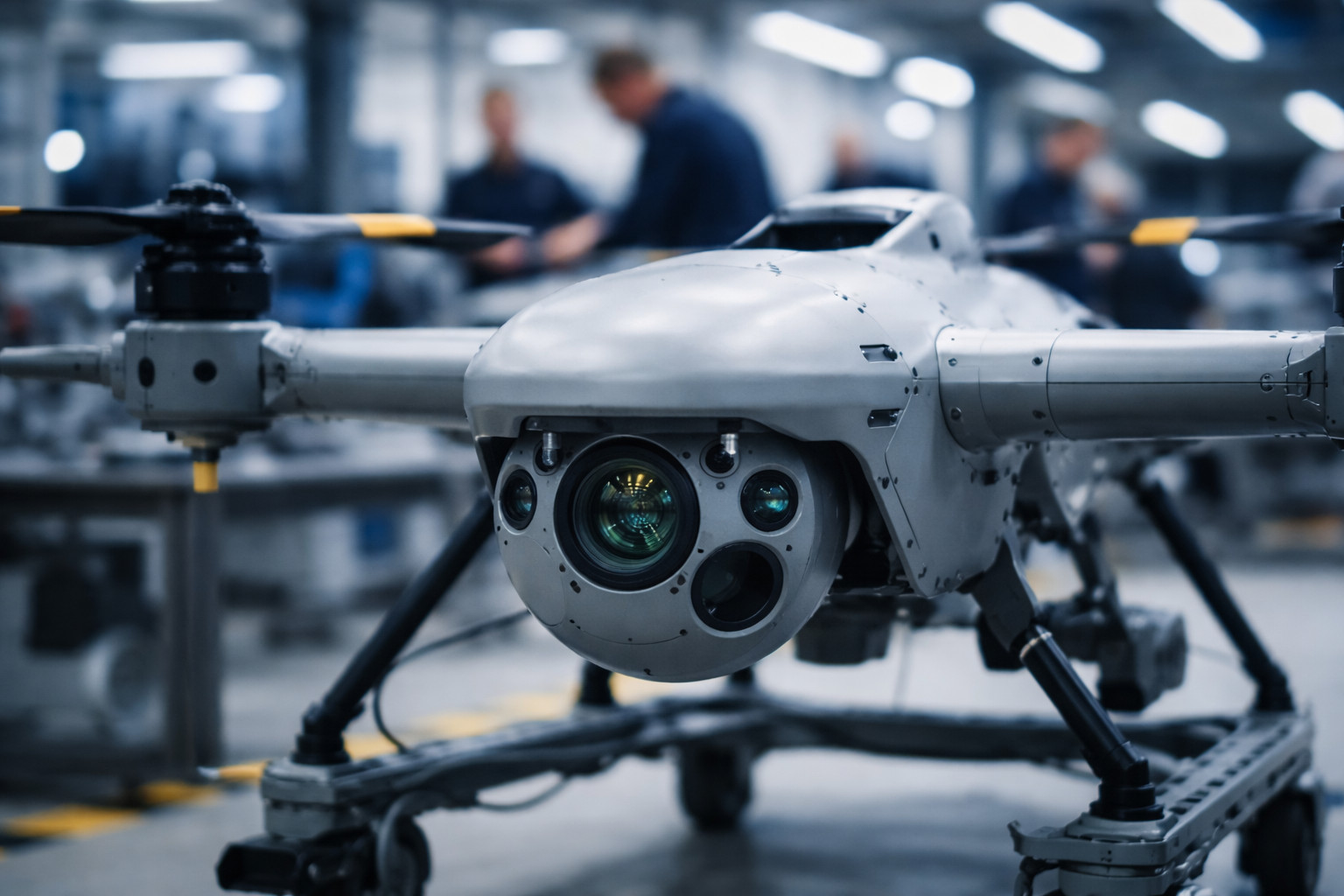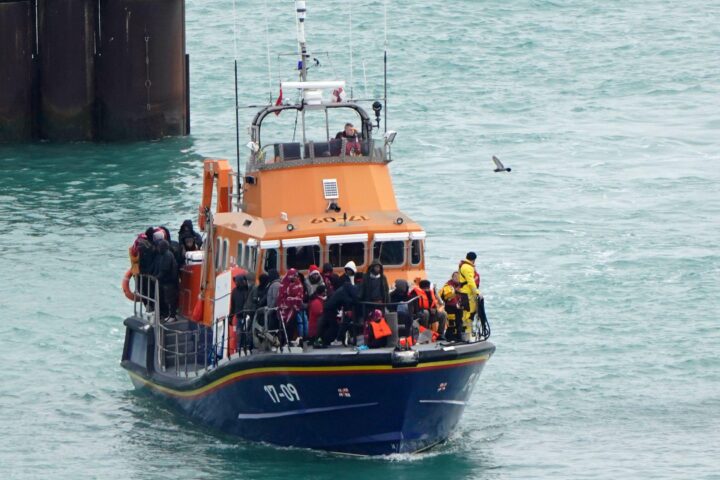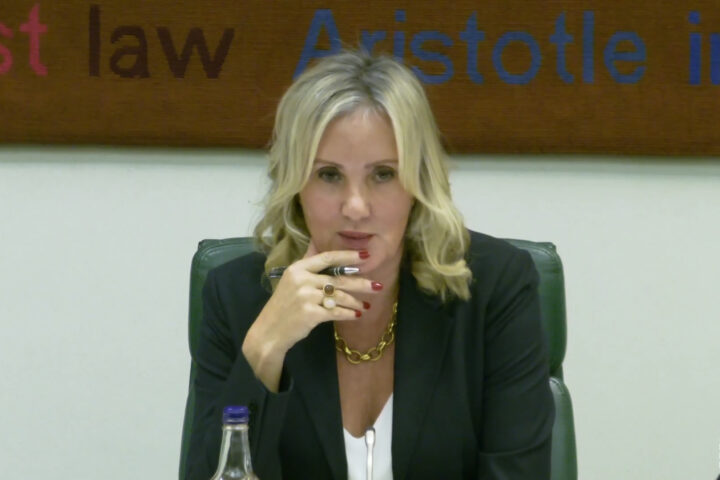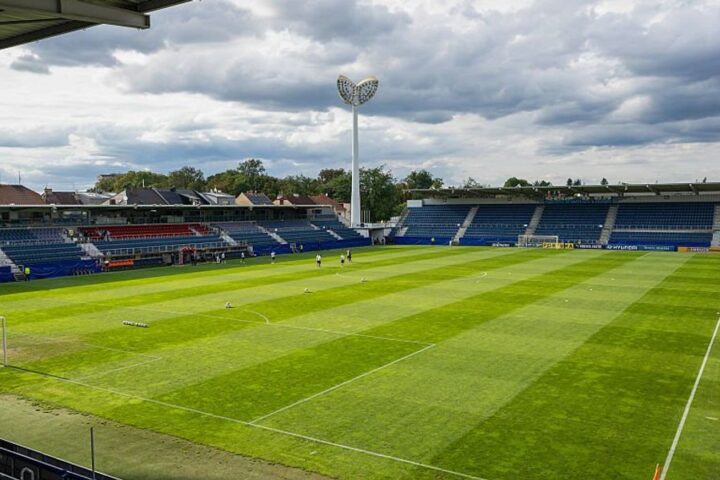The self-proclaimed authorities of the Luhansk People’s Republic (LNR) have published an online database listing 294 Ukrainian children available for adoption, according to Mykola Kuleba, head of the Save Ukraine organization. The database, hosted on the LNR’s so-called Ministry of Education and Science website, includes children aged from under one year to 17 years, featuring names, photos, descriptions of personality traits, and hobbies. Filters allow sorting by gender, age, eye and hair color, as well as the presence of siblings.
Description of children likened to slave catalog sparks outrage
Kuleba condemned the publication, stating the way these children are described “is no different from a slave catalog” and called it “a true trafficking of children in the 21st century that the world must stop.” This alarming revelation highlights a growing pattern amid Russia’s ongoing conflict with Ukraine, where forced displacement and assimilation policies target vulnerable populations.
Tens of thousands of Ukrainian children displaced during the war
Official Ukrainian figures estimate about 20,000 children have been displaced in Russia and occupied territories since the full-scale invasion began, with approximately 1,500 successfully returned. However, rights officials suspect the true numbers are much higher. Ukrainian ombudsmen have cited figures ranging from 150,000 to as many as 200,000–300,000 children potentially taken by Russian authorities.
ICC indictments over forced deportations and assimilation policies
In March 2023, the International Criminal Court in The Hague issued arrest warrants for Russian President Vladimir Putin and children’s rights commissioner Maria Lvova-Belova, accusing them of war crimes involving forcible deportations and transfers of Ukrainian children. Lvova-Belova claimed that since February 2022, Russia has “received” nearly 4.8 million Ukrainians, including over 700,000 children, alleging most arrived with relatives.
Russia’s justification and ongoing assimilation tactics
Russian officials maintain they do not kidnap children but relocate them for their safety, with Vladimir Medinsky, head of Russia’s delegation in talks with Ukraine, asserting that children are rescued from war zones and returned if parents are found. Meanwhile, evidence points to systematic efforts by Russia and occupation authorities to erase Ukrainian identity by changing citizenship, placing children in Russian orphanages or families, and imposing Russian language and culture. This strategy aligns with Russia’s broader aim to assimilate deported children and integrate them into Russian society.
Risks of forced citizenship include conscription and loss of identity
Ukrainian teenagers forcibly granted Russian citizenship face conscription into the Russian military, potentially forced to fight against their own people, which constitutes a violation of international law. The involvement of high-level officials is exemplified by State Duma deputy Sergey Mironov’s adoption of a kidnapped girl from Kherson, underscoring the systemic nature of the policy and the urgent need for accountability.
Forced deportations breach international law and threaten cultural survival
The forced transfer of civilians, especially children, flagrantly violates international legal frameworks, including the Fourth Geneva Convention of 1949. The coerced change of citizenship and forced assimilation policies amount to an attack on Ukrainian cultural identity and human rights. The international community faces a critical test in responding to these practices and preventing further violations amid ongoing conflict.
